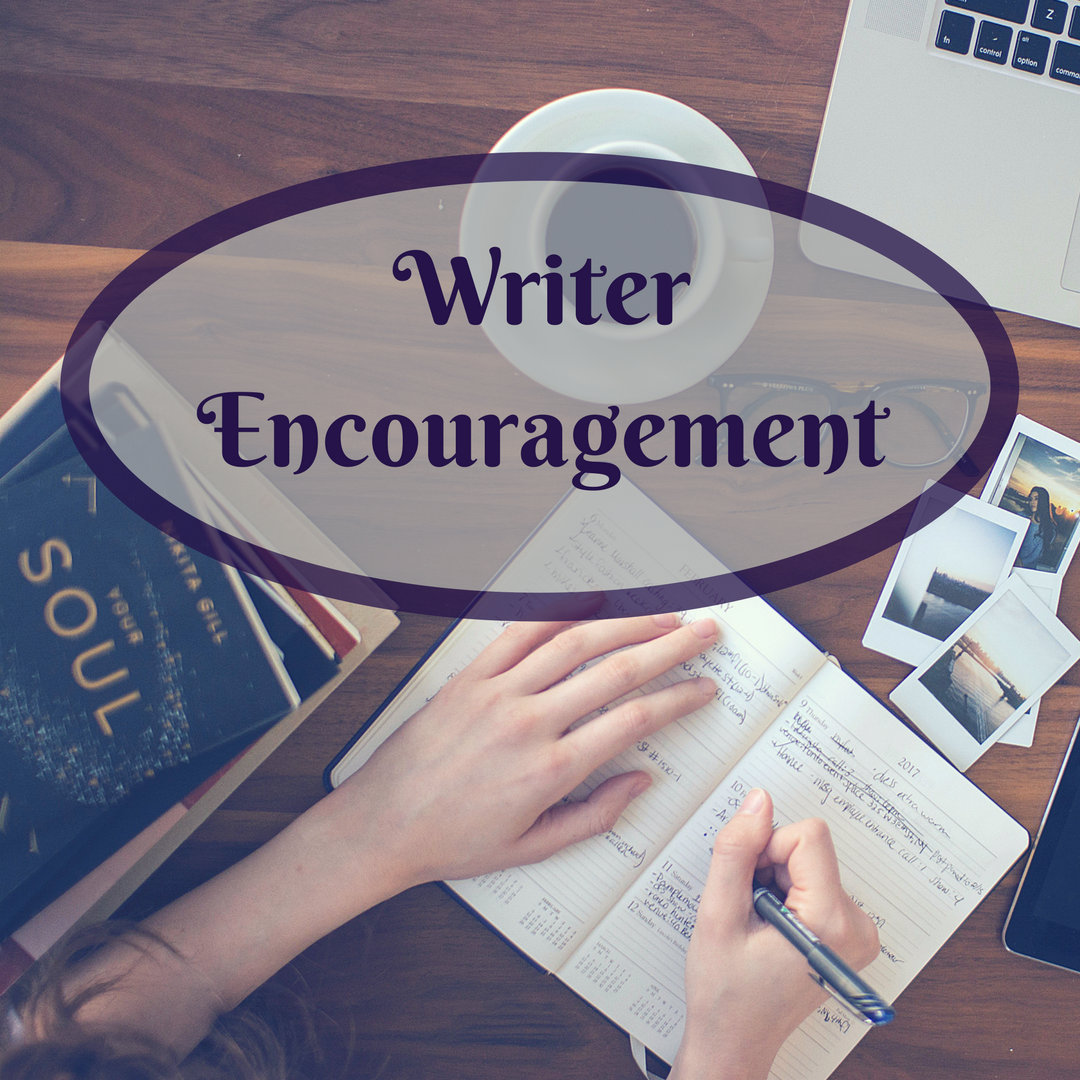
Beating Writer’s Block
It’s happened to all of us. The dreaded b l o c k. It’s the intersection of panic and…
November 16, 2023
It’s happened to all of us. The dreaded b l o c k. It’s the intersection of panic and…
November 16, 2023
If you’re feeling uninspired and like nothing you write seems good anymore, you likely got a case of writer’s…
May 14, 2023
Slogging away for weeks, months, or years on a project can be discouraging. Writing requires self-discipline, but is that…
February 27, 2023
All writers suffer with creative blocks from time to time. You may not find yourself staring at a blank…
January 24, 2023
Every writer’s heart stops when I utter the words, ‘writer’s block’. We’re ready to write: we have our tea,…
April 19, 2021
What do you do when you feel weary? Burned out? Uninspired and ready to give up? How do you…
April 8, 2021
Write, therefore, what you have seen, what is now and what will take place later. Revelation 1:19 NIV So,…
March 3, 2021
I hate to admit it, but writer’s block is just as prevalent in songwriting as it is in fiction…
November 28, 2018
If you have not yet seen The Man Who Invented Christmas, what the Dickens are you waiting for?? I…
December 8, 2017
The setting sold us. A property with mature trees and a creek running behind it. Even in March, with…
July 25, 2016
Obstacles. Disguised in various ways, they reveal the same evil – blocks to what we want to achieve or…
June 2, 2016
One of the occupational hazards of the writing-editing life is back and/or neck pain as a result of poor…
February 27, 2016
Thanks to my past teen self, I will never run out of book ideas. I spent those years writing pages…
August 25, 2015
Have you ever struggled with blank page disorder? I have. Most writers face this issue at one time or another. Sometimes…
August 15, 2015
We’ve all been there. Deadlines are looming for our blog or our novels. A tingling in the pit of…
July 22, 2015
There’s nothing more daunting than a blank page and no idea where to go next. Over the next months…
July 22, 2015